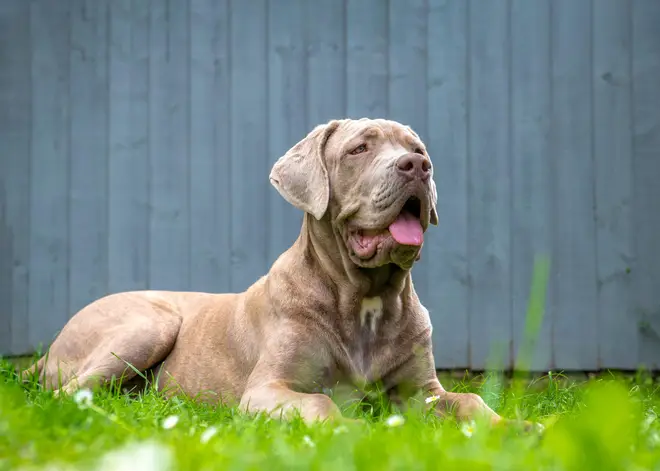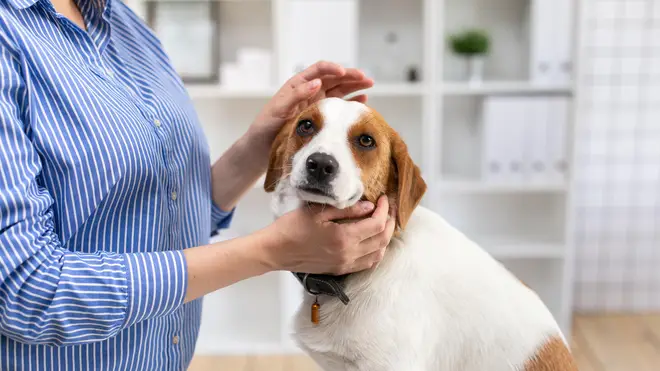On Air Now
Heart's Club Classics with Pandora Christie 7pm - 11pm
12 November 2021, 07:30

The first UK coronavirus case has been confirmed in a pet dog this week.
A top vet has detected the first case of a pet dog catching coronavirus in the UK.
It is thought the dog caught the virus from its owner earlier this month.
The pooch’s infection was found after testing on 3 November, with Chief Veterinary Officer Christine Middlemiss saying there is no evidence the dog was responsible for spreading the virus.

Ms Middlemiss said in a statement: “Tests conducted by the Animal and Plant Health Agency have confirmed that the virus responsible for Covid-19 has been detected in a pet dog in the UK. The infected dog was undergoing treatment for another unrelated condition and is now recovering.
“It is very rare for dogs to be infected and they will usually only show mild clinical signs and recover within a few days.
“There is no clear evidence to suggest that pets directly transmit the virus to humans. We will continue to monitor this situation closely and will update our guidance to pet owners should the situation change.”
This isn’t the first time a pet has tested positive for Covid, as the same laboratory found the virus in a cat last year.

Research from scientists in the Netherlands previously found that Covid could be common in cats and dogs whose owners are suffering.
Four lions, along with two keepers, also tested positive at Barcelona Zoo earlier this year.
The advice from the UK Health Security Agency (UKHSA) is for pet owners to wash their hands regularly, including before and after contact with animals to help prevent the spread.
Some experts have also advised pet owners not to kiss or cuddle their furry friends or let them sleep in your bed if they are suffering Covid symptoms.

This Morning's Scott Miller nearly in tears as he opens up about death of dog
But Prof Rowland Kao, of the University of Edinburgh, said that coronavirus infections in dogs is not something to be concerned about.
“In order [for these infections in dogs] to be important for transmission there has to be contact, and production of virus,” he said.
“If dogs were getting seriously infected often, we probably would have seen it before now. The fact that it hasn’t happened that much yet, with so much infection and so many people at home with their pets [suggests] it’s probably not an issue.”